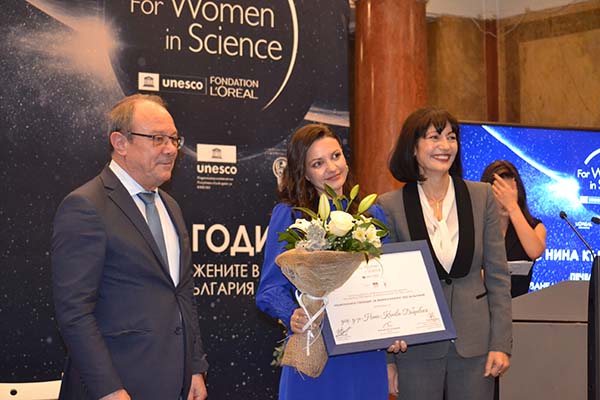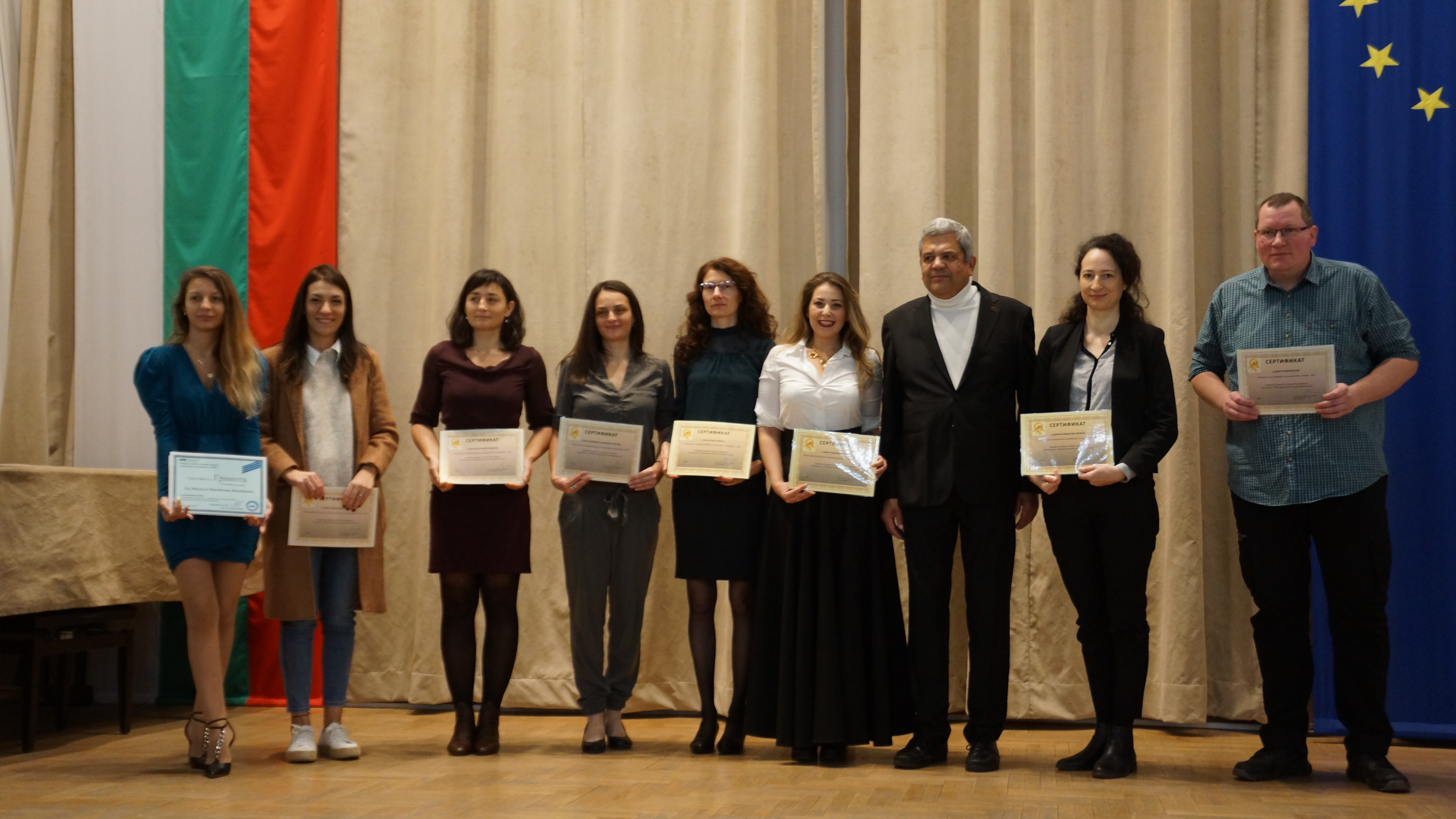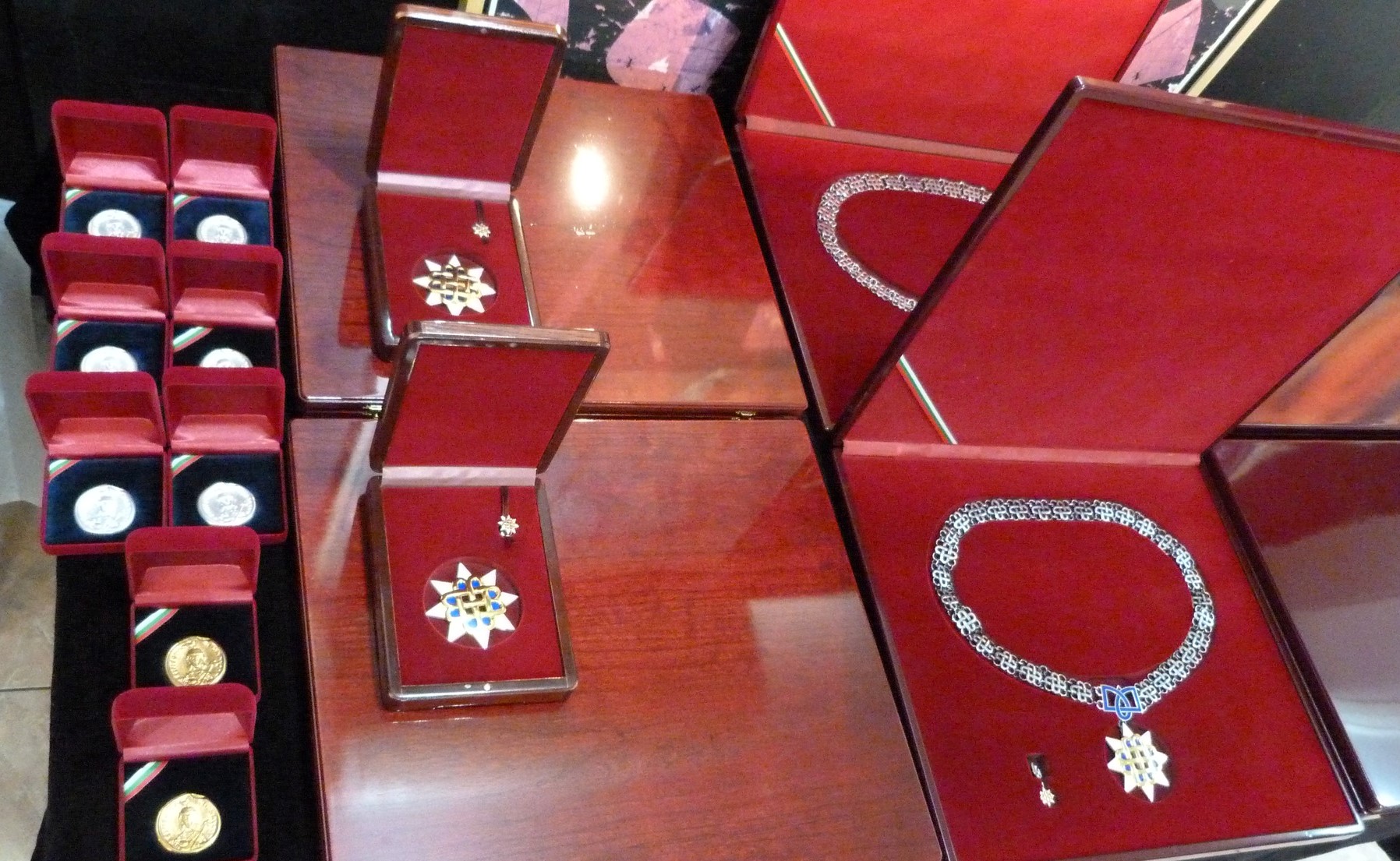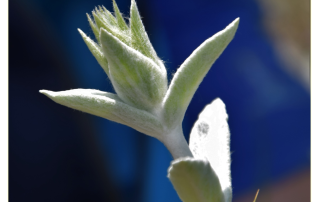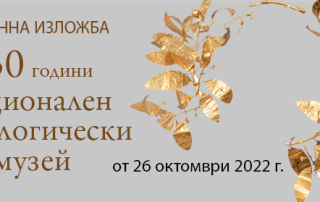Awards for Women in Science
The awards in the twelfth edition of the national fellowship programme "For Women in Science" were presented at a ceremony at Sofia University "St. Kl. Ohridski”. Three inspiring Bulgarian women scientists were honoured for their research ideas as fellows of the programme for 2022. They are Dr. Nina Kaneva-Dobrevska, lecturer in inorganic chemistry at SU “Kliment Ohridski" (for the project " Water treatment for pharmaceutical pollution"), Dr. Katerina Takova-Sakaliyska, lecturer in biology at "Paisii Hilendarski" University of Plovdiv (for the project "Immunodiagnosis of SARS-COV-2 infection by antigen produced in tobacco products") and Dr. Maya Zhekova, lecturer in quantum physics at SU “Kliment Ohridski" (for the project "Quasi-nondiffracting Bessel-Gaussian beams with residual topological charge"). The President of BAS Prof. Julian Revalski, Full Member of the Academy, [...]


